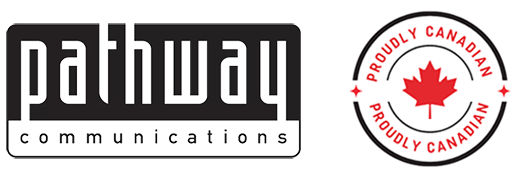Working from Home During COVID-19? Best Practices to Consider
In the wake of the corona virus (COVID-19) pandemic, many companies are allowing their employees to work from home. We are seeing an unprecedented number of remote users on home and public internet services accessing their employer and school resources. This opens these organizations to more risk from all the remote users. IT departments are monitoring network bandwidth, VPNs, and access controls to make sure employees can still do their jobs. However, due to people employed on unsecured networks, this rising trend of remote employees is also contributing to a growing increase in threats and breaches.
Here’s a rundown of what you and your organization should consider while working remotely and what should be the mitigation steps to ensure maximum security.
FOR ORGANIZATION:
- Resources such as laptops, chargers, headsets, phones, etc. are the fundamental requirement of working from home. Make sure there is no unavailability of these devices and that they are fully functional.
- All the above mentioned devices, should have the essential licenses and software in place. Moreover, they should be secured with network firewalls, anti-virus and anti-malware software. Always install these software from trusted sources and do not use third party licenses.
- Once you have the devices in place, they all should be connected to a virtual private network (VPN). Since the number of devices connected via VPN is more, make sure your VPN has the bandwidth to connect the entire workforce at once.
- After the connection is established, make sure the servers are up and running for file sharing, storage and backup.
- In absence of a VPN connection, employees should be allowed to access the hosted cloud-based applications over secured network enabling them to work uninterrupted.
- Communication plays an important role while working from home. So, make sure all the devices have video and audio conferencing tools installed.
- The collaboration environment is exposed to a lot of threats. Remember to keep all assets properly secured with network firewalls, anti-virus and anti-malware software from trusted source.
- Be prepared for disaster and have a backup plan. Also, a remote monitoring and management tool should be in place to enable your technical support team to fix damaged assets.
- Keep critical items (IT hardware and software licenses) in spare.
FOR EMPLOYEES:
- Never send or open work-related data or files over public Wi-Fi. Don’t trust unsecured Wi-Fi or Bluetooth and switch them off when not in use.
- Connect to Virtual Private Network (VPN) for internet traffic encryption.
- Always check email headers to verify identities to avoid opening suspicious attachments.
- Install remote working software directly from the manufacturers’ websites and avoid making use of unreliable websites.
- Make sure you have a properly configured firewall.
- Remember to change passwords frequently. Protect passwords and pins the same way you would when using an ATM.
- Save data using secured cloud-based services and back it up to a secured location.
- Set individual passwords in person for high value & risk operations (especially finance) and do not
share them with anyone. Make sure to call back the requesting party and ask for password before proceeding with any transactions. - Document all critical tasks of your business and do a mock-up stimulating absence of key team members.
Remote work may be a wonderful idea for the company and the staff, but there are risks. IT and Security departments need to be on high alert due to the impact of the Coronavirus. With the larger remote workforce, there is a much greater risk that someone will get breached or pawned. You need to have a framework laid to ensure the security of your business, its records, and your employees.
CONTACT PATHWAY TODAY on 416-214-6363 OR BOOK A MEETING and one of our experts will help you get prepared.


